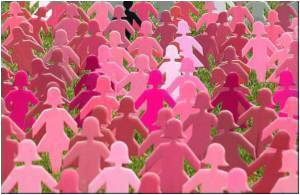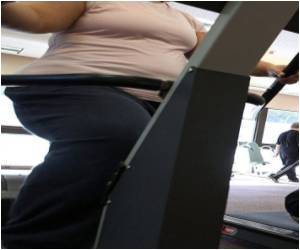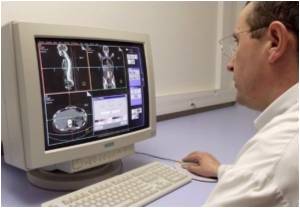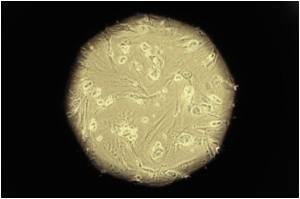A study has suggested that the two sets of chromosomes we humans inherit from our parents do not only determine our physical traits but also how we develop.

Human beings inherit 23 chromosomes from each parent, and they pair up and combine to form the thousands of genes that control every aspect of our biological development - from height to hair colour.
But for reasons unknown, in some genes the DNA from one parent suppresses the DNA from the other parent, selectively controlling the expression of that gene.
The process is called "genomic imprinting", and it may significantly influence our biological development - possibly making us more susceptible to diseases like autism.
Gregg and colleagues used so-called "next generation" sequencing technology to sequence the genomes of the brain regions of mice, looking for imprinted genes, and then determining whether the genes were under the influence of maternally or paternally derived DNA.
They found there were differences in the expression of genes in different stages of development of the mice brains, in different cell types, and in different brain areas.
Advertisement
Imprinted genes were more likely to be found in the genes that code for certain types of brain tissue.
Advertisement
These areas of the brain have been implicated in a wide range of neurological and psychiatric disorders, including major depression, eating disorders, schizophrenia, and autism spectrum disorders.
Gregg won the 2010 Eppendorf (a biotech equipment supplier) and Science Prize for Neurobiology for his research, which he described in an essay in the journal Science, published last week.
Source-ANI









